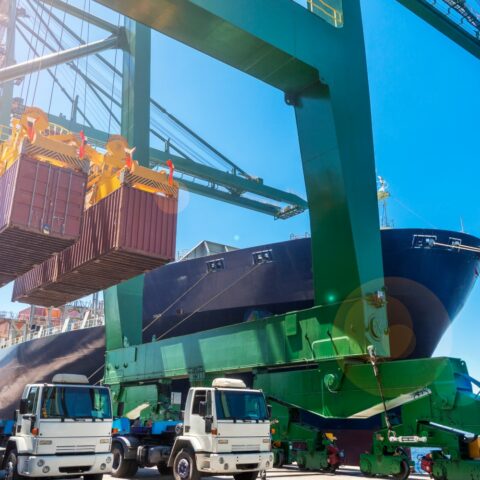The Challenge
In a public private dialogues (PPD) and workshops prior to implementation, the private sector cited lack of transparency, poor regulation, and difficulty obtaining information on obtaining pre-market authorisations as serious obstacles to participation in international trade. Although these affect every company, MSMEs bear the brunt.
MSMEs represent 99.6% of all Peruvian companies and 94% of the country’s export businesses. However, their contribution to exports constitutes just 9% or so of total value.
Pre-market authorisations often fail to arrive within expected issuance deadlines, which may lead to additional customs, logistics, commercial and regulatory costs for businesses, affecting MSMEs disproportionally.
The complexity of DIGESA procedures also force companies to engage external experts to navigate the processes for obtaining pre-market authorisations for exports and imports of processed foods. Arbitrary decision-making on the treatment of goods by officials also creates a ripple effect, leading to cost overruns, disrupted shipment schedules, missed commitments, and lost customers.
Meanwhile, hurdles to bringing new products to market also discourages innovation, hindering international trade.
Sharing these frustrations and recognising the negative impact on Peru’s competitiveness, DIGESA worked pro-actively with the Alliance and the private sector in helping to overcome them.
What We Did
This Alliance project involved reforms of disparate, core components.
To improve predictability in decision-making, the Alliance, through its implementing partner Trade Facilitation Office (TFO) Canada, helped DIGESA create a publicly available precedents database, which is expected to provide binding criteria for pre-market authorisations of processed foods. The agency also amended several instances of inconsistent rulings and opinions after they came to light in an extensive assessment. This database is now available to businesses, with training provided to DIGESA staff and the private sector on its use.
DIGESA also made its trade-related regulatory framework more transparent for everyone. This change produced integrated and organised regulations for imports and exports of processed foods and a user-friendly digital directory of processed food control regulations, allowing stakeholders to identify regulatory requirements and track changes quickly. This directory includes indirect regulations and international standards, such as those used by the U.S. Food and Drug Administration. To maximise accessibility, the Alliance facilitated several sessions with private sector stakeholders to ‘road-test’ it.
Finally, DIGESA ensured the clear and accurate availability of information. This ranged from developing tools to improve food safety information related to foreign trade procedures, MSME-targeted services to boost their trade-related capacities, and other ways to enhance communication with users. This included the creation of information materials specifically designed to be as accessible as possible for MSMEs, including the extensive use of gender-neutral infographics. This information, including a comprehensive list of FAQs, is now available on the DIGESA website.
Combined, these components improved DIGESA’s decision-making procedures and processes, enhancing the predictability of administrative rulings and inspections, and streamlining regulations.
Alongside DIGESA, the project was supported by the Ministry of Foreign Trade and Tourism; the National Trade Facilitation Directorate; and the Commission for the Promotion of Peru for Exports and Tourism. From the private sector, the Association of Exporters of Peru, the National Industries Society, the Lima Chamber of Commerce, and the Peruvian Foreign Trade Society were strategic partners.
The Impacts
The Alliance worked with the private sector and the agency responsible for issuing food export licences, the General Directorate of Environmental Health and Food Safety (DIGESA) in making its procedures more transparent, consistent, and user-friendly, with special emphasis on micro, small and medium enterprises (MSMEs), many of them women-owned or led.
Successful implementation is projected to reduce delays in issuing pre-market authorisations and creating a more business-friendly environment for conducting international trade, including:
- less time spent researching pre-application information
- a reduction in authorisation issuance times
- a more transparent regulatory framework
- more predictable decision-making
- faster clearance times
- fewer denials of pre-market authorisations
- a more streamlined appeals procedure.
Following the successful completion of the project in December 2022, impact measurement is ongoing.


 Peru
Peru

